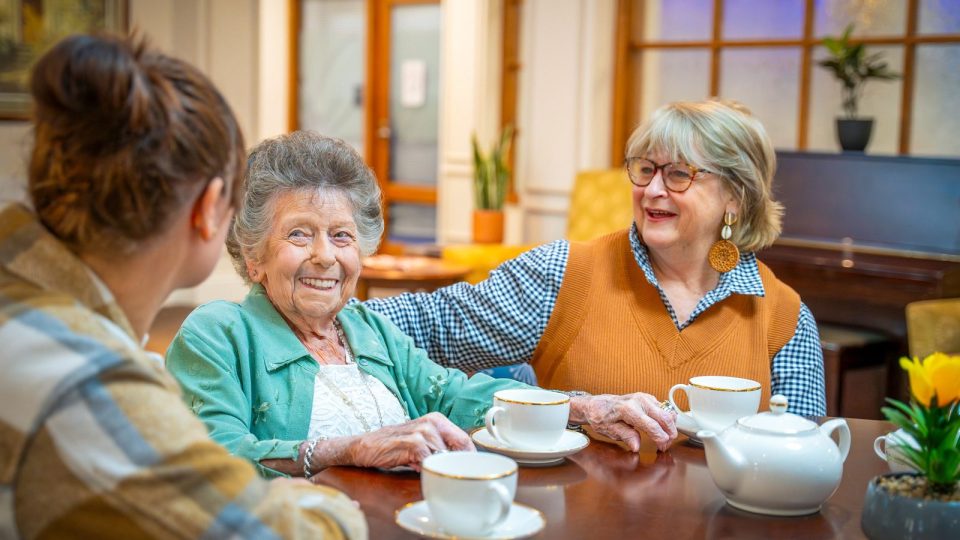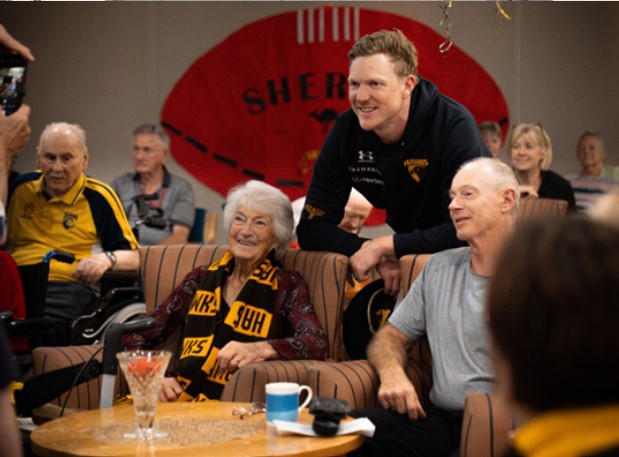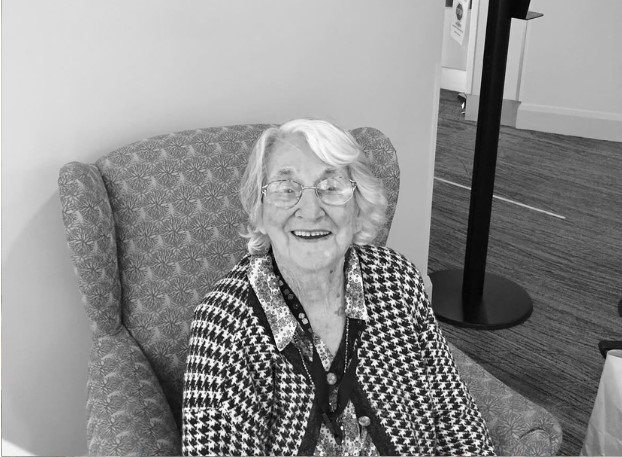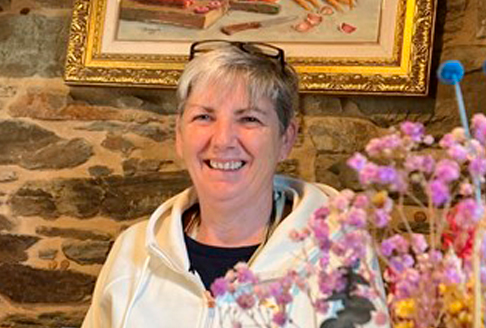What is your role at Baptcare and can you describe a typical day in your job?
My role at Baptcare involves the spiritual care of residents, their families and staff. I also liaise with church volunteers.
Every day, I try to start with a quiet moment in my office, noting residents who need intentional time spent with them. Next, I start in the Aged Care Community, greeting, assessing and spending time with residents.
Having said all this, there really is no ‘typical day’. I have to be ready to respond to the needs and requests that are suddenly in front of me. It may be a wife who has just moved her husband into aged care and is struggling with guilt and grief. It could be a staff member who lost her mother earlier in the year and needs to talk. Or it could be great grandfather who has suddenly been confronted with this place now being his permanent residence, when all he wants is to go back to his ‘own’ home.
The only ‘typical’ thing every day is that the main focus is the residents and being available to them. Throw into that mix services, phone calls, hospital visits and that becomes a day in my life as a Baptcare chaplain.
What do you like about working with Baptcare? Or can you share a particularly special work day/customer interaction you’ve had recently.
One of the joys of being part of the team at Baptcare is the support from both team members and management.
Recently, I spent time with a man who was on end-of-life care and his family. The family shared memories and then spoke about how they had tried to pray the Lord’s prayer but ‘didn’t do it very well’. At their invitation I read a Psalm and prayed the Lord’s prayer. I also gave them a small hand-carved cross from the Iona community. The son immediately took it to hold for his own comfort. I visited them a number of times over the next days, taking them a printed copy of some prayers and blessings, including the Lord’s prayer.
Did you always want to work within the spiritual care space?
I have always had a heart for older people. Earlier work in nursing and aged care set the stage for what I’m doing now. Working in this space feels like I’m doing exactly what I have been created to do.
How would you explain spiritual care to people who haven’t come across this role in an organization?
Spiritual care is about nurturing the whole person. It’s listening to their story, both joyful and sad. It’s hearing what has given hope in the past, what brings joy and most of all, valuing who they are as a person.
What did you want to be when you grew up?
Although I didn’t have the words for it, I always wanted to be a nurturer. Stepping into nursing training at the Royal Children’s Hospital was my beginning step towards this.
Can you tell us two surprising things about yourself?
As an extracurricular activity in my first job, I learned to use a Braille typewriter and transposed some children’s stories into Braille, one of which was The Little Prince.
I have just recently completed a six-day walk of the French Camino in Spain.
Do you have a favourite quote or motto in life?
“Take a breath. Take some time and take a breath.”
How would your friends describe you?
I had to ask some friends to be able to answer this one. Here are their words: ‘Kind, funny, compassionate, caring, good company!’ I’m also told I have ‘a rascal side’ to me.
Do you have a mentor?
A very wise church leader, Helen, who is now at home in the heart of God, mentored me for a number of years. She was passionate about women with a strong leaning into seeing people experience personal and spiritual growth.
Community news
-

How to talk to a loved one about moving into aged care
One of the most challenging conversations we may have with our loved one is about whether it’s time to consider moving into residential aged care. Whether it’s a parent, grandparent, or partner, the topic can stir feelings of resistance and guilt. But when approached with empathy, patience and deep respect for the individual’s wishes, this conversation can become a meaningful step toward greater safety, comfort and connection.
- 18 Feb 2026
-

Hawthorn stars bring footy fun to Abbey Gardens
There was no mistaking the colours at Abbey Gardens Residential Aged Care Community in Warragul this week – brown and gold as far as the eye could see. Residents and staff donned their finest Hawthorn Football Club gear as players and support staff arrived for a visit, chatting with residents, signing autographs and bringing plenty of footy fun.
- 18 Feb 2026
-

Dressmaker, traveller, Bulldogs fan and volunteer – Thelma turns 100!
Thelma Powell, beloved resident and former volunteer at Westhaven, turned 100 on 9th February 2026 with balloons, party hats, and cake! Surrounded by her family, care team, the local MP, and Mayor, as well as a representative from her beloved footy team, the Bulldogs, it was a day to remember.
- 13 Feb 2026

